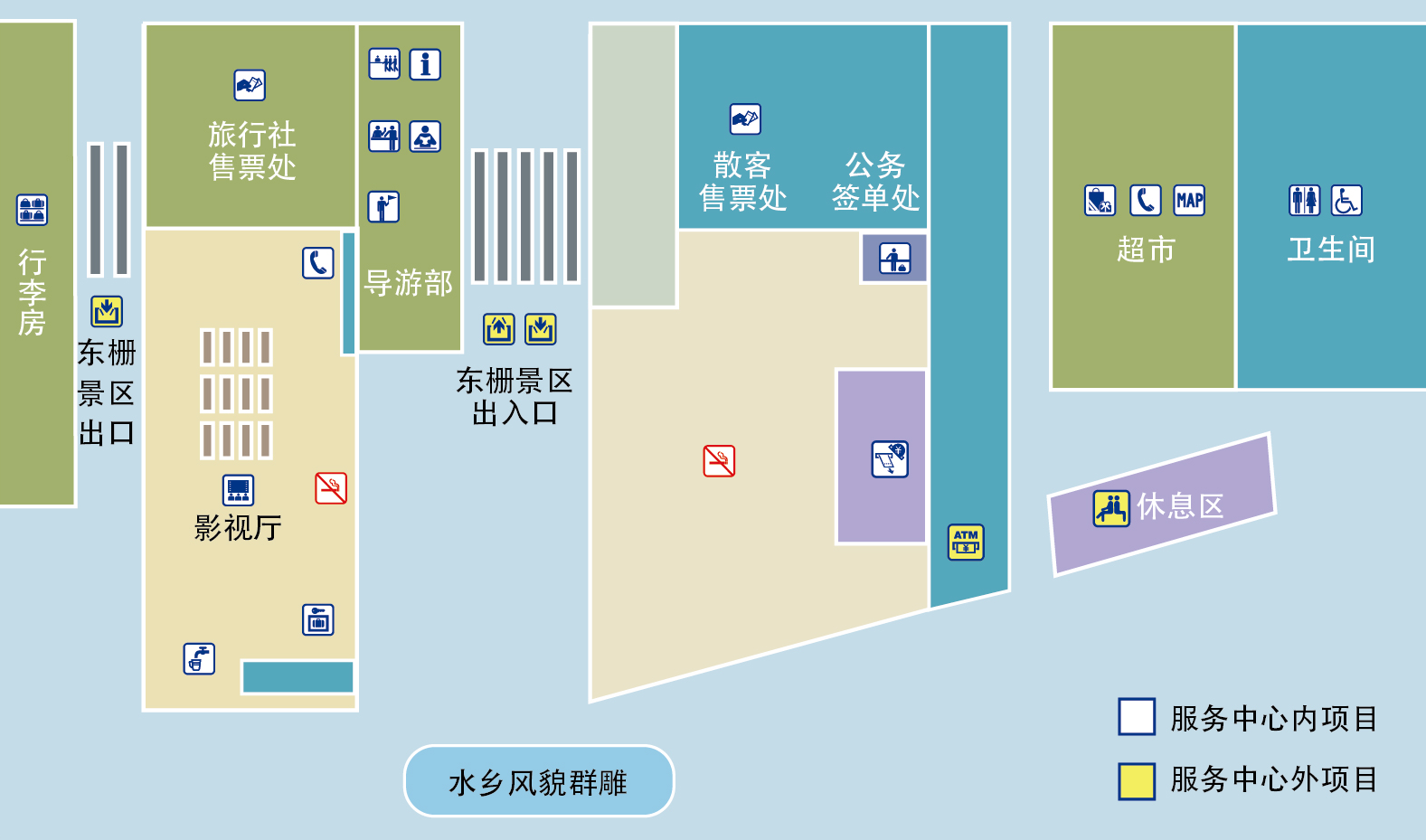

Formerly named Zhongze, Yan was styled Zisheng, known literally as Dasou, born in Qingzhen in the Daoguang 2nd year (1822) of the Qing. The late-Qing Wuzhen was notable for a pair of old-world Hanlin residences, one glorified by Xia Tongshan and the other by Yanchen, a jinshi turned shuzi (shujishi) in the Hanlin Academy (already dilapidated in Beizha, or North part, as a river divided Wuzhen into East, West, South and North sections). Since childhood, the smart and studious Yan showed excellence in learning. Daoguang 23rd year (1843), an Enke (added exam out of imperial favor) took place in Guiyang when Yan was visiting his cousin Xie Bin there on a journey to a relative in the Yunnan Province. In the name of Guizhou register, he sat the exam and later passed as a juren (when he reclaimed his birthplace register.) Xianfeng 9th year (1859), Yan passed the final exam as a jinshi, permitted as shujishi in the Hanlin Academy. Tongzhi 1st year (1862), during the sanguan (screening exam for Hanlin), his paper concerning tax collection infuriated Empress Dowager Cixi, demoted from the first row to the tenth. Lastly, he was conferred zhushi (division director) with the Ministry of Justice, at the upper sixth rank. Piercingly perceptive of a bleak prospect due to his offence against the Empress, Yan was resolved to resign, returning to his hometown. Well back, his knowledge and prestige translated to community service, “do his part to champion all local benefits.” From schools and academies, bridges and roads, to wellbeing and relief, Yan became a personage locally.
Three highlights out of his contributions were as follows:
Firstly, he banished a couple of misgovernment acts, for the good of the community. Guangxu 1st year (1875), he appealed to the then touring imperial censor, managing to revoke Sample Taxing, which rampantly disrupted the Tongxiang rice collection, in practice, when officials made the most of inspection to deceive the public good via pocketing. For a rainy day, he initiated the Grain Storage Barn in bumper years, with money and grain boosting preparedness for relief campaigns in poor harvest years. The beneficial practice was living proof of saving lives, especially in Guangxu 8th and 15th years, when Wuzhen was inflicted with 2 disastrous famines.
Secondly, local education was infused with his attention. Following the disruption of the war-ravaged Fenshui Academy, the Lizhi Academy was created after 4 years of efforts. With a Lizhi presidency for over a score years, Yan also headed Tongxi and Xiangyun Academies in Tongxiang. Strikingly, he popularized enlightenment education, with 6 non-profit schools established in Wuzhen to accommodate all local school-agers then. All time historically, Wuzhen was a cultural hub, brimming with a galaxy of litteri, with Yan Chen an iconic inspiration. Well post the Lizhi Academy, he commissioned the Wenchang Pavilion right opposite, with hopes of spurring Wuzhen talent, peace and prosperity in culture.
Thirdly, he offered efforts in the compilation of local chronicles, Tongxiang County Annals in Guangxu Reign, case in point. Annals were vital in his view, “to pass down the folklore of the townpeople, and to shed light on the local luminaries in silence. Illumination and immortality was definitely an indelible feat.” A full 10 years of compiling was a hectic schedule, “chronicling was a routine whether at home or in a boat.” A task so back-breaking, the mission entailed literal wording, coupled with in-persona field work, “height or dimension for sure, to keep the old edition in check.” This way, the annals came complete while “Yan were reduced exhausted”. Further, the Wuqing Town Annals underwent a facelift, via proofreading and supplement, to his credit.
Guangxu 19th year (1893), Yan died in Anqing at age 72 on a medical appointment to Anhui. One of his works, Mohuayin School Poem Collection was left behind as a legacy. Graciously filled with gratitude, the local community submitted a joint petition to higher authorities in 1921, requesting his memorial status at the Yangyuan Temple, as “a tribute to the prestigious pair”, after all.
Keyword:

